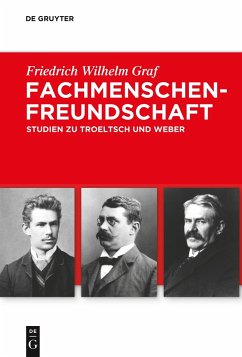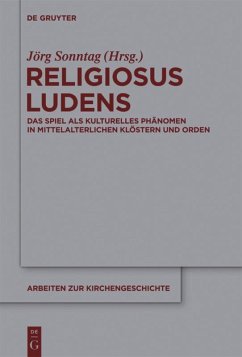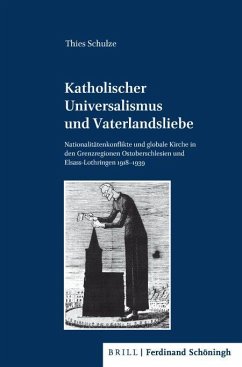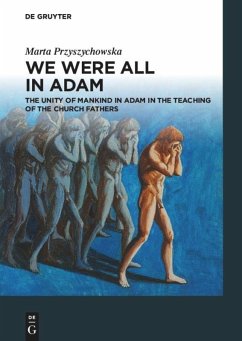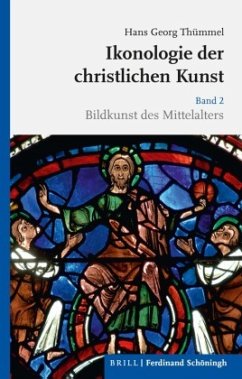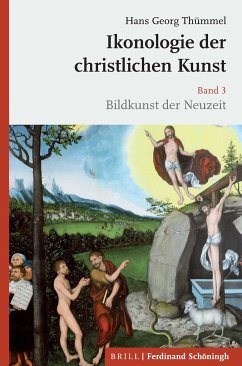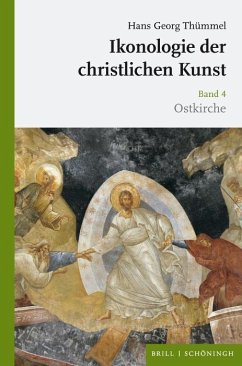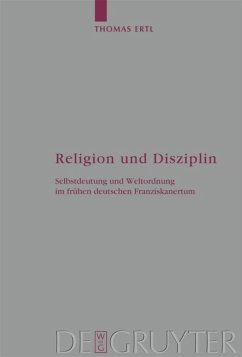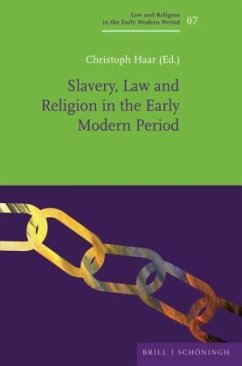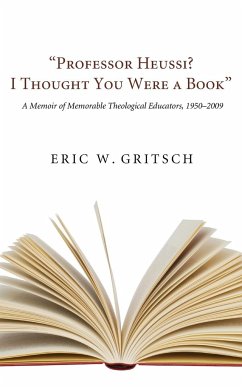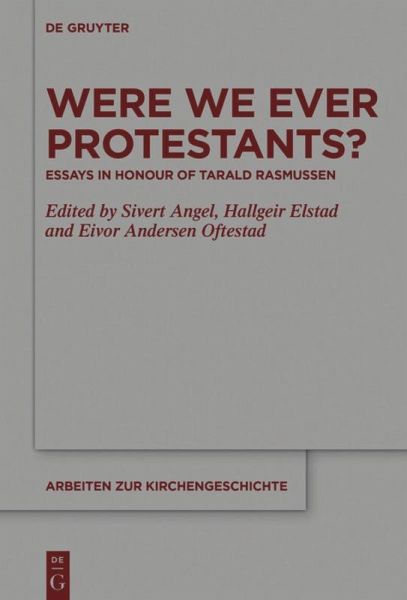
Were We Ever Protestants?
Essays in Honour of Tarald Rasmussen
Herausgegeben: Angel, Sivert; Elstad, Hallgeir; Oftestad, Eivor Andersen
Versandkostenfrei!
Versandfertig in 6-10 Tagen
91,99 €
inkl. MwSt.

PAYBACK Punkte
46 °P sammeln!
This anthology discusses different aspects of Protestantism, past and present.Professor Tarald Rasmussen has written both on medieval and modern theologians, but his primary interest has remained the reformation and 16th century church history. In stead of a traditional «Festschrift» honouring the different fields of research he has contributed to, this will be a focused anthology treating a specific theme related to Rasmussen's research profile.One of Professor Rasmussen's most recent publications, a little popularized book in Norwegian titled «What is Protestantism?», reveals a central a...
This anthology discusses different aspects of Protestantism, past and present.
Professor Tarald Rasmussen has written both on medieval and modern theologians, but his primary interest has remained the reformation and 16th century church history. In stead of a traditional «Festschrift» honouring the different fields of research he has contributed to, this will be a focused anthology treating a specific theme related to Rasmussen's research profile.
One of Professor Rasmussen's most recent publications, a little popularized book in Norwegian titled «What is Protestantism?», reveals a central aspect research interest, namely the Weberian interest for Protestantism's cultural significance. Despite difficulties, he finds the concept useful as a Weberian «Idealtypus» enabling research on a phenomenon combining theological, historical and sociological dimensions. Thus he employs the Protestantism as an integrative concept to trace the makeup of today's secular societies.
This profiled approach is a point of departure for this anthology discussing important aspects of historiography in reformation history: Continuity and breaks surrounding the reformation, contemporary significance of reformation history research, traces of the reformation in today's society.
The book relates to current discussions on Protestantism and is relevant to everyone who want to keep up to date with the latest research in the field.
Professor Tarald Rasmussen has written both on medieval and modern theologians, but his primary interest has remained the reformation and 16th century church history. In stead of a traditional «Festschrift» honouring the different fields of research he has contributed to, this will be a focused anthology treating a specific theme related to Rasmussen's research profile.
One of Professor Rasmussen's most recent publications, a little popularized book in Norwegian titled «What is Protestantism?», reveals a central aspect research interest, namely the Weberian interest for Protestantism's cultural significance. Despite difficulties, he finds the concept useful as a Weberian «Idealtypus» enabling research on a phenomenon combining theological, historical and sociological dimensions. Thus he employs the Protestantism as an integrative concept to trace the makeup of today's secular societies.
This profiled approach is a point of departure for this anthology discussing important aspects of historiography in reformation history: Continuity and breaks surrounding the reformation, contemporary significance of reformation history research, traces of the reformation in today's society.
The book relates to current discussions on Protestantism and is relevant to everyone who want to keep up to date with the latest research in the field.





